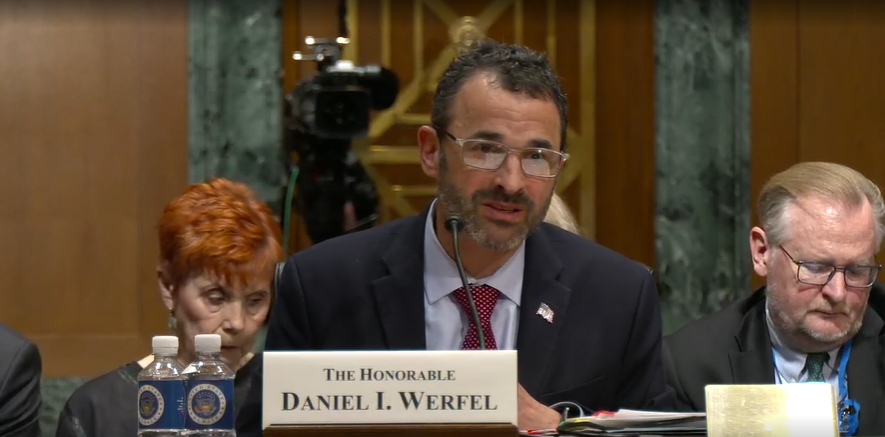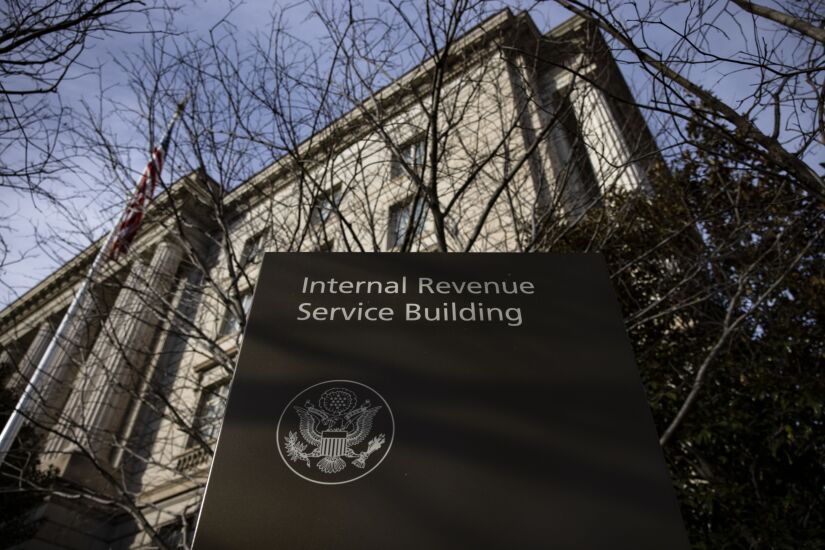Want unlimited access to top ideas and insights?
Wealth management experts play a vital role when helping individuals and families navigate the financial landscape and plan for the future. But as tax laws and regulations evolve, advisors need to keep abreast of the changes and the potential impact to their clients' financial plans.
Over the last two months, leading officials with the IRS have rolled out new guidance on
These changes come during a dynamic political landscape created by
This has led experts to look at both Harris' and former U.S. President Donald Trump's political track records with the goal of predicting what each administration's regulatory landscape could look like.
READ MORE:
From her time as a state attorney general, California senator and eventually to the White House, Harris has backed numerous efforts largely focused on those who make less than $100,000 per year. Examples include the
On the Republican side, many have associated the Trump candidacy with the 922-page plan drafted by the Heritage Foundation known as
"The policy vision in Project 2025 is remarkably developed and specific as it relates to capital markets policy," Michael Canning, the founder of public policy consulting firm LXR Group, said in an email to Financial Planning's
The data further suggested that clients would most likely delay large purchases, decrease investing behavior and push back retirement plans.
The IRS isn't the only entity that has been busy over the last few months. The U.S. Supreme Court has issued five notable rulings enacting changes ranging from the end of the
READ MORE:
Below are some of the most noteworthy efforts out of the IRS in recent weeks and their impact on the wealth management industry.










